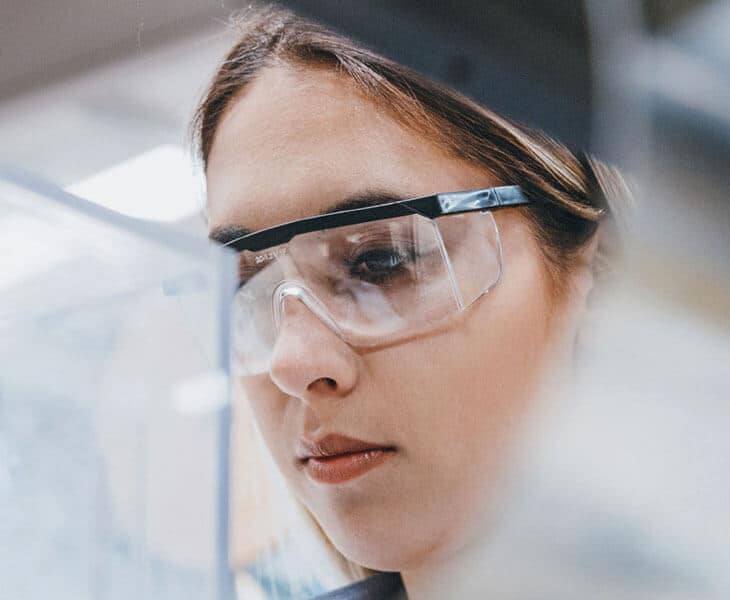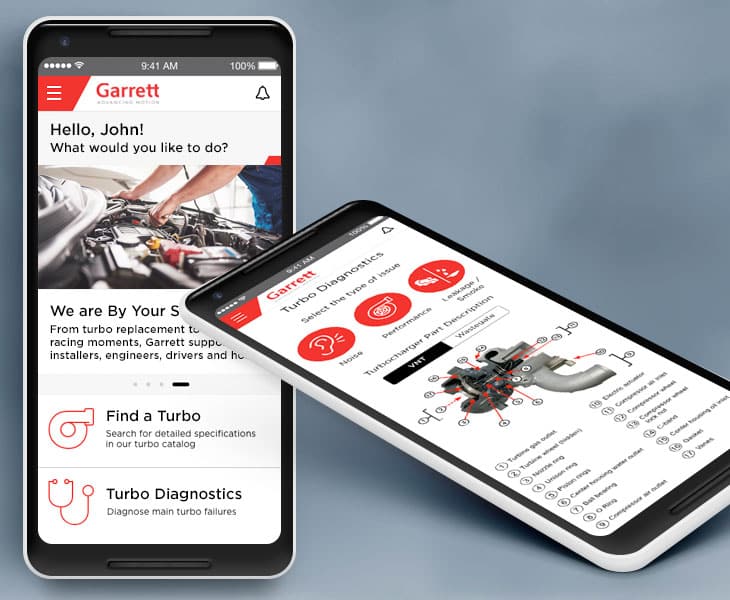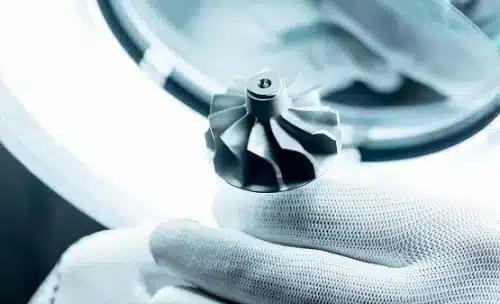Abstract: In an era of rapidly increasing vehicle electrification, the gasoline engine remains a vital part of the passenger car powertrain portfolio. Lean-burn combustion is a formidable means for reducing the CO2 emissions of gasoline engines but demands the use of sophisticated emissions control.
A 2.0 litre turbocharged direct-injection gasoline engine has been developed with a lean homogeneous combustion system matched to a robust lean and stoichiometric-capable exhaust after treatment. The after treatment system includes an SCR system and a GPF with filtration down to 10 nm particle size. The engine is equipped with a continuously variable valve-lift system, high-tumble ports and a high energy ignition system; the boosting system comprises a variable geometry turbocharger and a 48 V electrical supercharger.
The work reported formed part of the PaREGEn (Particle Reduced, Efficient Gasoline Engines) project under the Horizon 2020 framework programme. In this project, further development of gasoline engines as used in mid to premium-sized cars was undertaken, with the objective to reduce CO2 emissions by 15% under Euro 6d RDE (Real Driving Emissions) legislation and with particle number emissions measured down to 10 nm.
This paper will give a detailed treatment of the multi-cylinder engine and vehicle development undertaken. The engine delivered BSFC benefits exceeding 10% and a peak brake thermal efficiency of 42%, while the vehicle demonstrated a NOx conformity factor below 1.0 in independent RDE tests.







